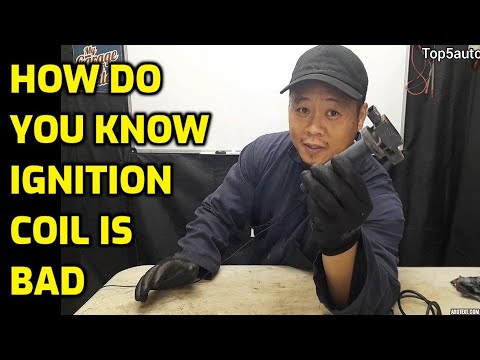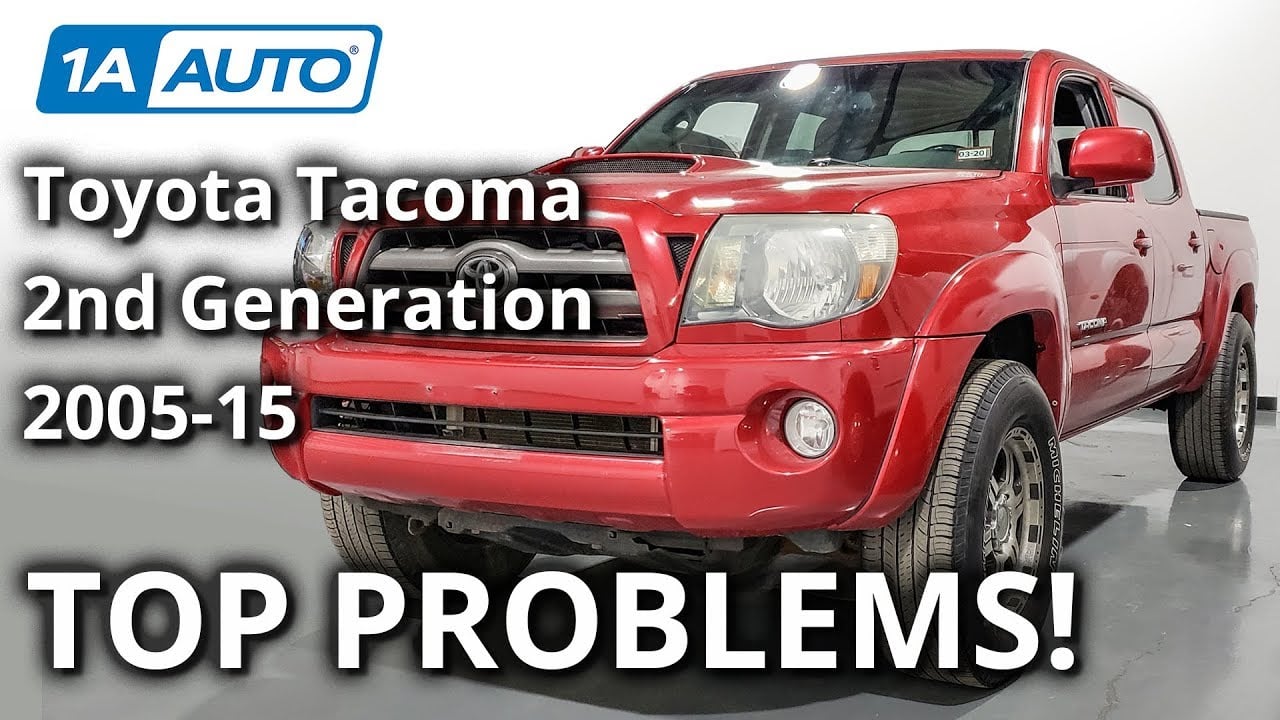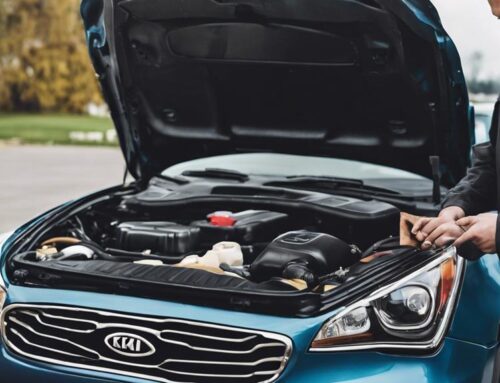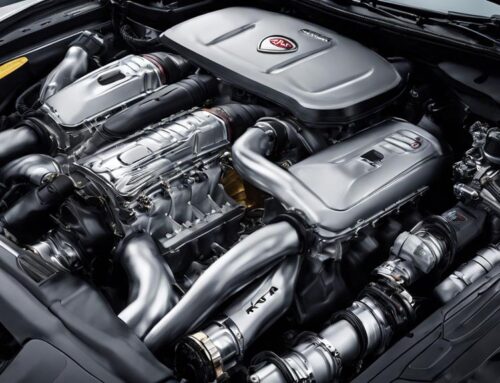If your Tacoma's ignition isn't working, start by checking if the steering wheel is locked. A dead or weak battery is another common culprit. Also, try using a spare key. The ignition cylinder might need cleaning with graphite powder. If the engine still doesn't start, the ignition switch could be faulty. Ignition coil issues can also cause misfires and rough idling. Regularly maintain the engine and replace worn spark plugs to prevent problems. For accurate diagnostics and repairs, a certified Toyota mechanic is your best bet. There are more details that can help you fix the issue ahead.
Key Takeaways
- Check if the steering wheel is locked, which can prevent the ignition from turning.
- Try using a spare key to rule out issues with the primary key.
- Inspect the battery for charge levels, as a dead or weak battery can prevent ignition.
- Clean the ignition cylinder with graphite powder to ensure smooth key insertion and turning.
- Replace a faulty ignition switch if the engine doesn't start despite other components being functional.
Common Ignition Problems
When your Tacoma's ignition isn't working, the problem often boils down to common issues like a worn-out key, a locked steering wheel, or a faulty ignition switch. Start by checking if your steering wheel is secured. This can happen if you move the wheel after turning off the engine. To release it, insert the key and gently turn the wheel from side to side while turning the key.
Next, consider the key itself. Over time, keys can wear down, making them less effective. Try using a spare key if you have one. If the spare works, you know the original key is the issue.
Don't overlook your car battery. A dead or weak battery can prevent the ignition from working properly. Inspect your battery and replace it if necessary.
Sometimes, the ignition cylinder could be dirty or worn. You can clean it by spraying a small amount of graphite powder into the cylinder and gently wiggling the key.
Lastly, a faulty ignition switch can cause problems. If your key turns but the engine doesn't start, the switch might need replacing. Address these common issues, and you'll maintain control over your Tacoma's ignition.
Diagnosing Ignition Coil Issues
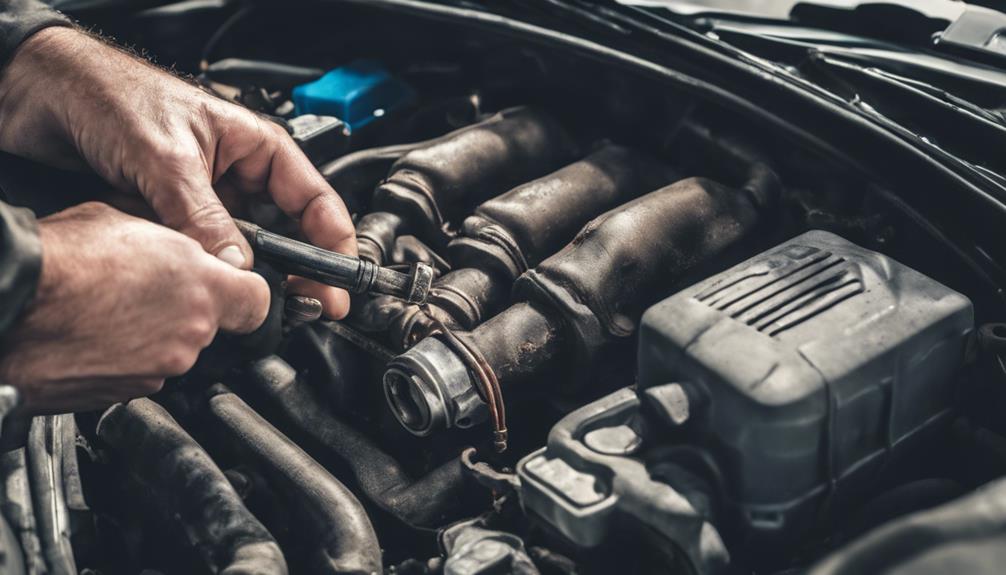
Diagnosing ignition coil issues in your Tacoma starts with recognizing symptoms like misfires, rough idle, and poor fuel economy. When your truck's ignition coil fails, it can lead to engine damage, catalytic converter issues, and reduced performance. To maintain control over your vehicle's health, you need to pinpoint the faulty coil.
Begin by swapping ignition coils between cylinders. If the misfire or problem follows the coil, you've found the culprit. Next, use an OBD2 scan tool to check for error codes. Error codes can provide precise information on which cylinder is misfiring, making it easier to identify a bad coil.
Causes of ignition coil failure typically include wear and tear, overheating, moisture intrusion, and oil leaks. Regular maintenance and inspection can help mitigate these issues. While you can handle some diagnostics yourself, remember that professional mechanics have the expertise and tools for accurate diagnosis and installation of aftermarket parts if needed.
Symptoms of Faulty Ignition Coil
A faulty ignition coil in your Tacoma often manifests through noticeable symptoms like misfires, rough idling, and decreased fuel efficiency. You might also experience difficulty starting the engine, poor acceleration, and the dreaded check engine light. These issues are not just minor inconveniences; they can lead to more significant problems like engine damage and costly repairs if not addressed promptly.
Here's a quick overview of the common symptoms and their impact:
| Symptom | Impact |
|---|---|
| Misfires | Engine runs unevenly, possible damage |
| Rough Idling | Unstable engine performance |
| Decreased Fuel Efficiency | Increased fuel costs, poor mileage |
| Difficulty Starting | Inconsistent engine startup |
Misfires, indicated by error codes like P0300 to P0312, suggest potential ignition system problems that should not be ignored. Poor acceleration and a rough idle are signs your engine isn't getting the spark it needs for best performance. Decreased fuel efficiency translates to more trips to the gas station and less control over your operating costs.
Preventing Ignition Coil Failure
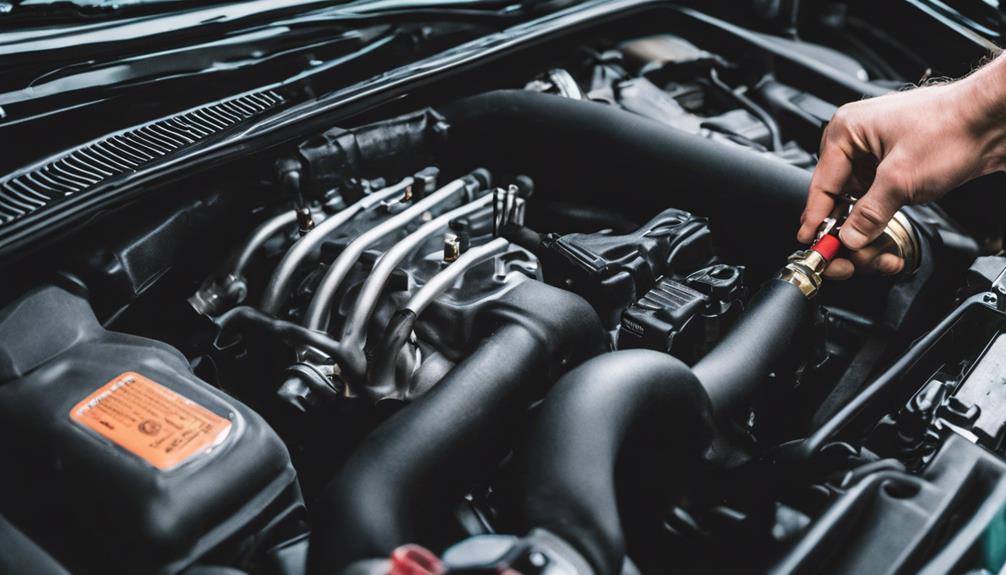
Regularly inspecting and replacing worn spark plugs is essential to preventing ignition coil failure in your Tacoma. Spark plugs that are in poor condition create excess strain on the ignition coils, leading to premature failure. By keeping them fresh, you guarantee that the coils don't have to work harder than they should.
Proper engine maintenance is another pivotal step. Overheating can severely damage ignition coils, so always make sure your cooling system is in top shape. Check coolant levels and ensure fans and thermostats are functioning correctly. Addressing these areas helps you avoid unnecessary stress on the ignition system.
It's also crucial to handle oil leaks promptly. Oil can seep into the ignition coils, causing them to fail. Regularly inspect your engine for any signs of leaks and fix them immediately. Keeping moisture-prone areas dry will prevent corrosion on the ignition coils, ensuring they last longer.
Lastly, consider installing quality aftermarket ignition coils. They often provide better performance and durability, reducing the chance of failure. By taking these proactive steps, you'll ensure your Tacoma's ignition system remains reliable and efficient, giving you greater control over your vehicle's performance.
Professional Repair Tips
When your Tacoma's ignition isn't working, seeking advice from a certified Toyota mechanic guarantees a precise diagnosis and effective repair. Professionals can quickly identify underlying problems, saving you both time and frustration. Relying on their expertise guarantees that any issues, from ignition coil failures to complex PCM interactions, are handled with precision.
Consider the following benefits of consulting a professional:
- Accurate Diagnostics: Certified mechanics use advanced tools to pinpoint the exact cause of ignition failures, ensuring the right fix.
- Efficient Repairs: With their specialized training, these experts can address problems swiftly, minimizing downtime for your Tacoma.
- Quality Parts: Professionals have access to OEM parts, ensuring compatibility and longevity, unlike some aftermarket options.
- Preventative Measures: Experts can identify potential issues before they become major problems, safeguarding your engine and enhancing fuel efficiency.
Persistent starting problems or performance issues with your Tacoma's ignition system shouldn't be ignored. Ignition coil failures, if unaddressed, can lead to severe engine damage and reduced fuel efficiency. Trusting a certified Toyota mechanic not only resolves current problems but also fortifies your vehicle's reliability for the long haul. Take control of your Tacoma's health by seeking professional repair services.
Frequently Asked Questions
Can a Dead Battery Cause Ignition Issues in My Tacoma?
Imagine you're stuck in a parking lot, and your Tacoma won't start. Yes, a dead battery can cause ignition issues in your Tacoma. The ignition system needs power from the battery to function properly. If your battery's dead, it can't engage the starter motor, leaving you stranded. To avoid this, always make sure your battery is charged and in good condition. Check the voltage regularly and recharge or replace it if necessary.
How Do Cold Weather Conditions Affect My Tacoma's Ignition System?
Cold weather affects your Tacoma's ignition system by thickening engine oil, reducing battery efficiency, and increasing electrical resistance. These conditions make your starter motor sluggish and slow down cranking speed, making it harder to start. Moisture can also condense in the ignition system, causing electrical malfunctions. Combat these issues by using a block heater, keeping the battery charged, using lighter engine oil, and maintaining all electrical connections.
What Role Does the Starter Motor Play in Ignition Problems?
Imagine you're late for an important meeting, and your truck won't start. Frustrating, right? The starter motor plays a vital role in ignition. It initiates the engine's cranking process when you turn the key. If the starter motor fails, you'll hear a clicking noise, see dim dashboard lights, and experience repeated starting attempts. Control the situation by checking the battery, connections, and starter for any wear or malfunction.
Can a Faulty Key Fob Prevent My Tacoma From Starting?
Yes, a faulty key fob can definitely prevent your Tacoma from starting. If the battery is dead or the signal transmitter isn't working, your truck won't recognize the key. Start by replacing the key fob's battery to rule out power issues. Sometimes, reprogramming the key fob to your vehicle can fix the problem. If the fob is damaged, you might need a professional to replace or reprogram it.
Is It Possible for a Bad Alternator to Affect Ignition Performance?
You might think a bad alternator only affects your battery, but it can definitely impact ignition performance. When the alternator fails, it doesn't supply enough voltage to key components, causing issues like dimming headlights and a hard-to-start engine. Ignoring this problem can lead to a drained battery, leaving you stranded. Regularly check your alternator to maintain control over your vehicle's performance and avoid unexpected failures.



